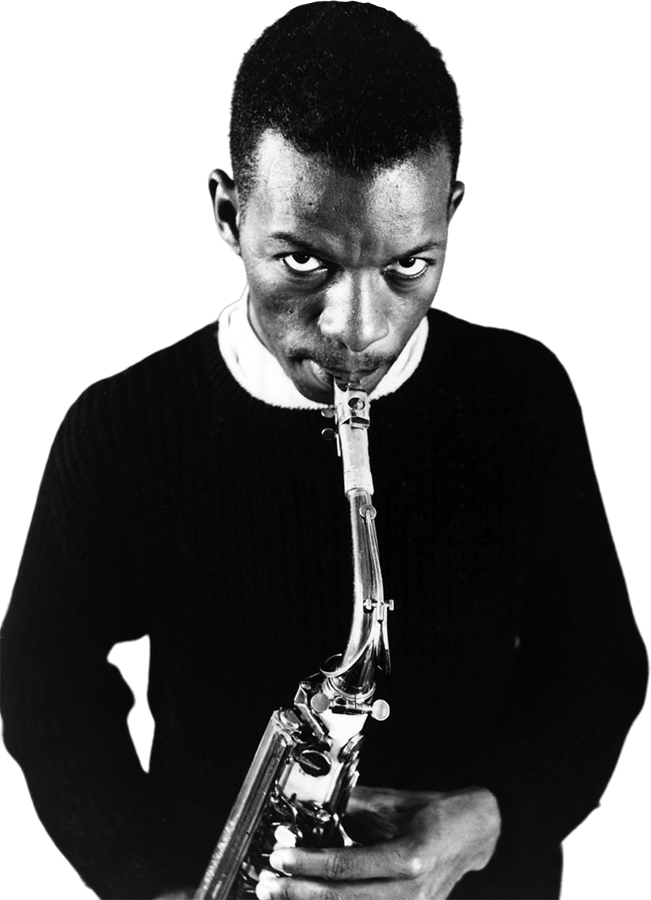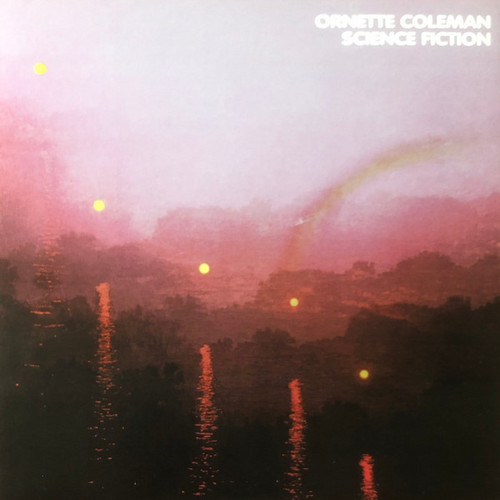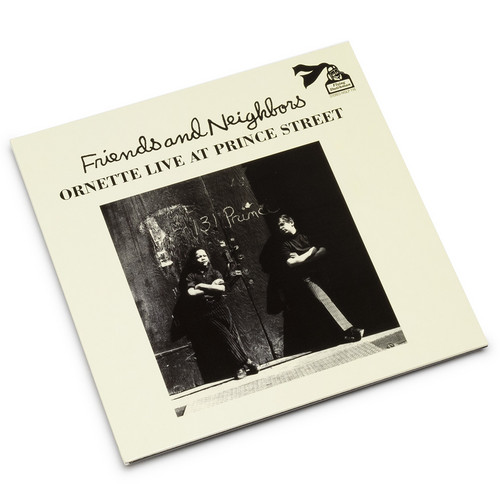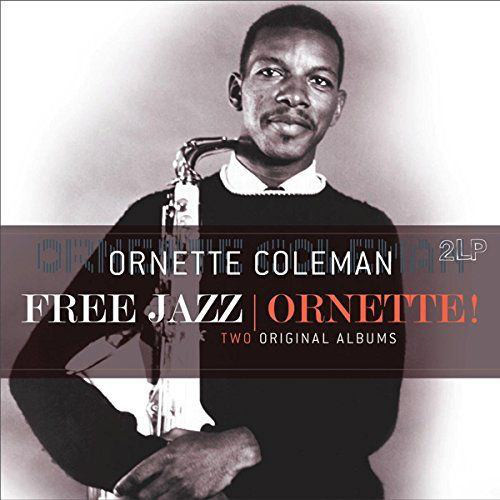Ornette Coleman
Randolph Denard Ornette Coleman (March 9, 1930 – June 11, 2015)[1] was an American jazz saxophonist, trumpeter, violinist, and composer. He was best known as a principal founder of the free jazz genre, a term derived from his 1960 album Free Jazz: A Collective Improvisation. His pioneering works often abandoned the harmony-based composition, tonality, chord changes, and fixed rhythm found in earlier jazz idioms.

Randolph Denard Ornette Coleman (March 9, 1930 – June 11, 2015)[1] was an American jazz saxophonist, trumpeter, violinist, and composer. He was best known as a principal founder of the free jazz genre, a term derived from his 1960 album Free Jazz: A Collective Improvisation. His pioneering works often abandoned the harmony-based composition, tonality, chord changes, and fixed rhythm found in earlier jazz idioms.


